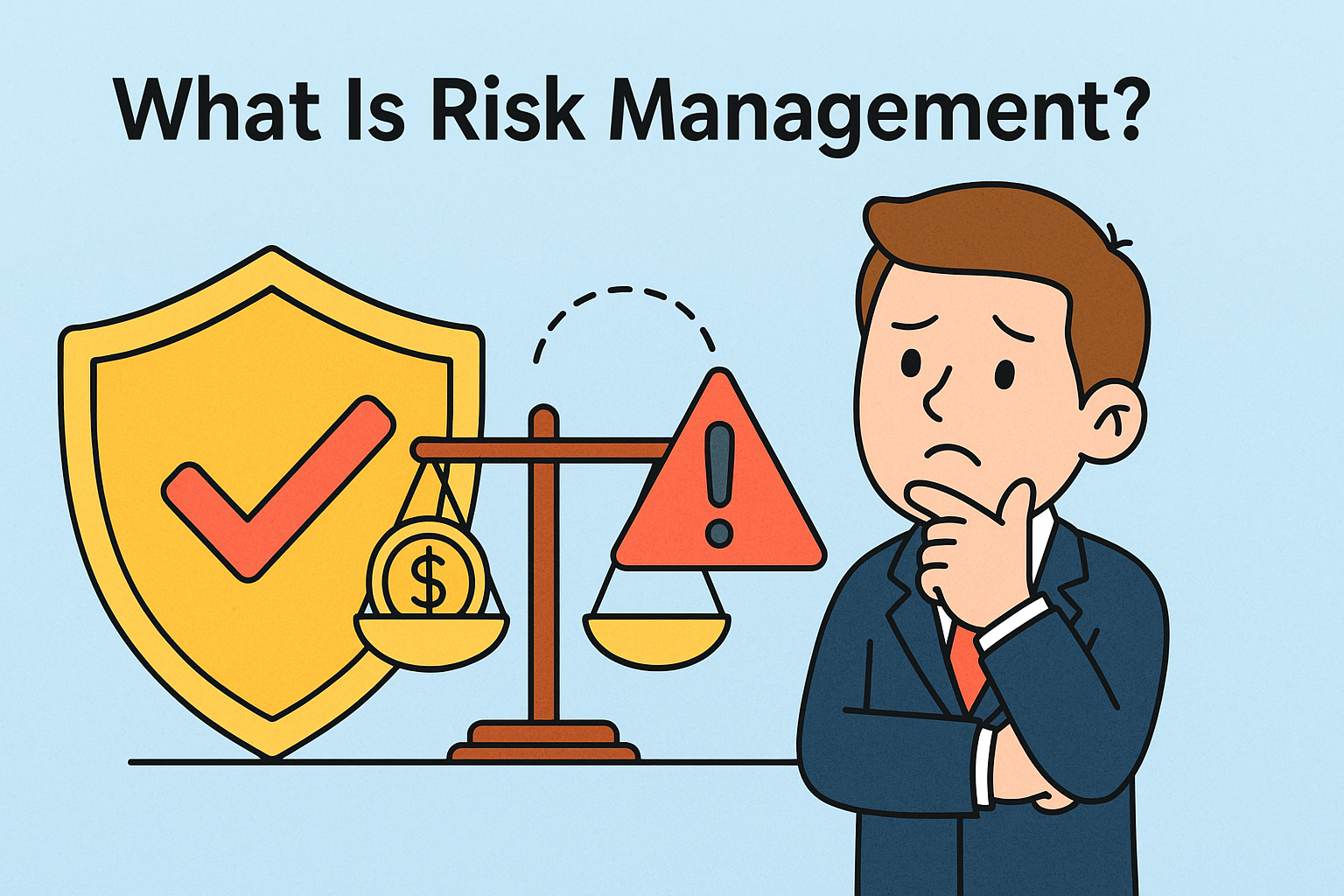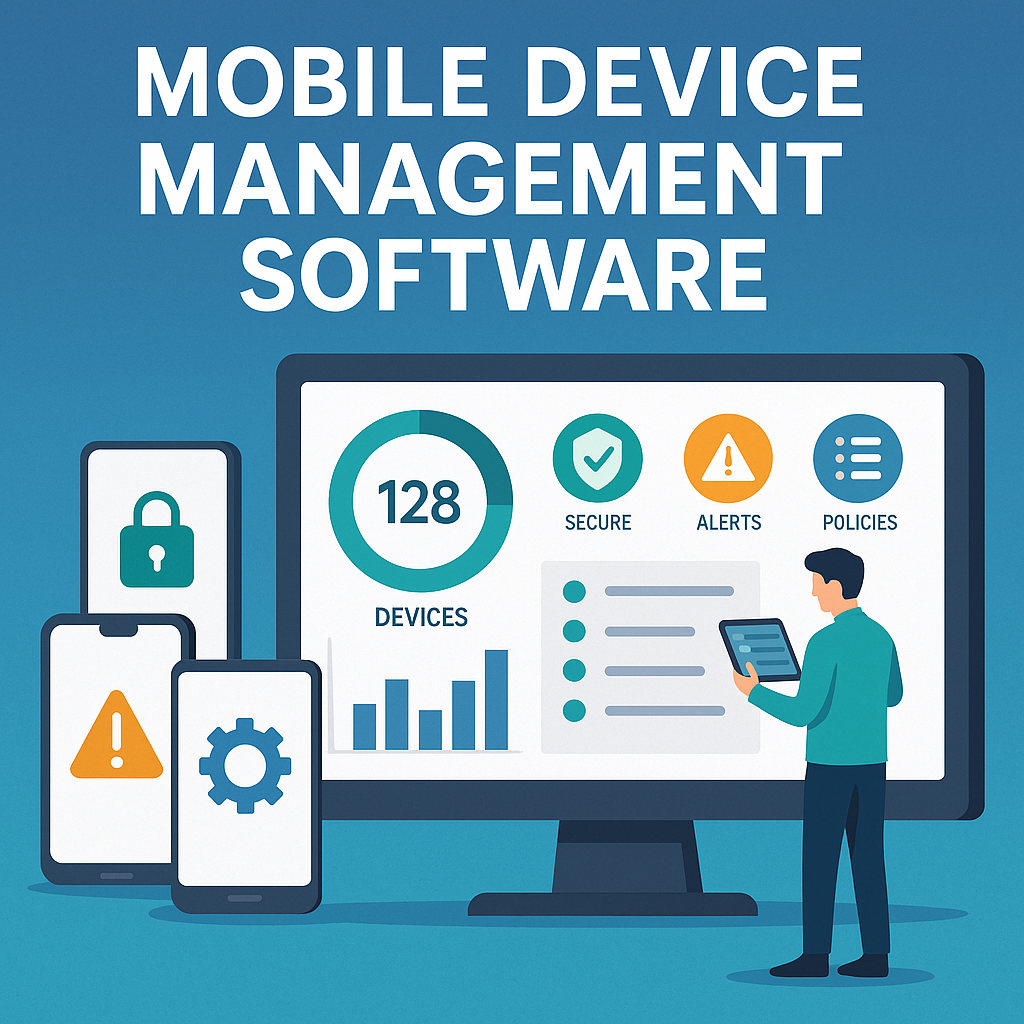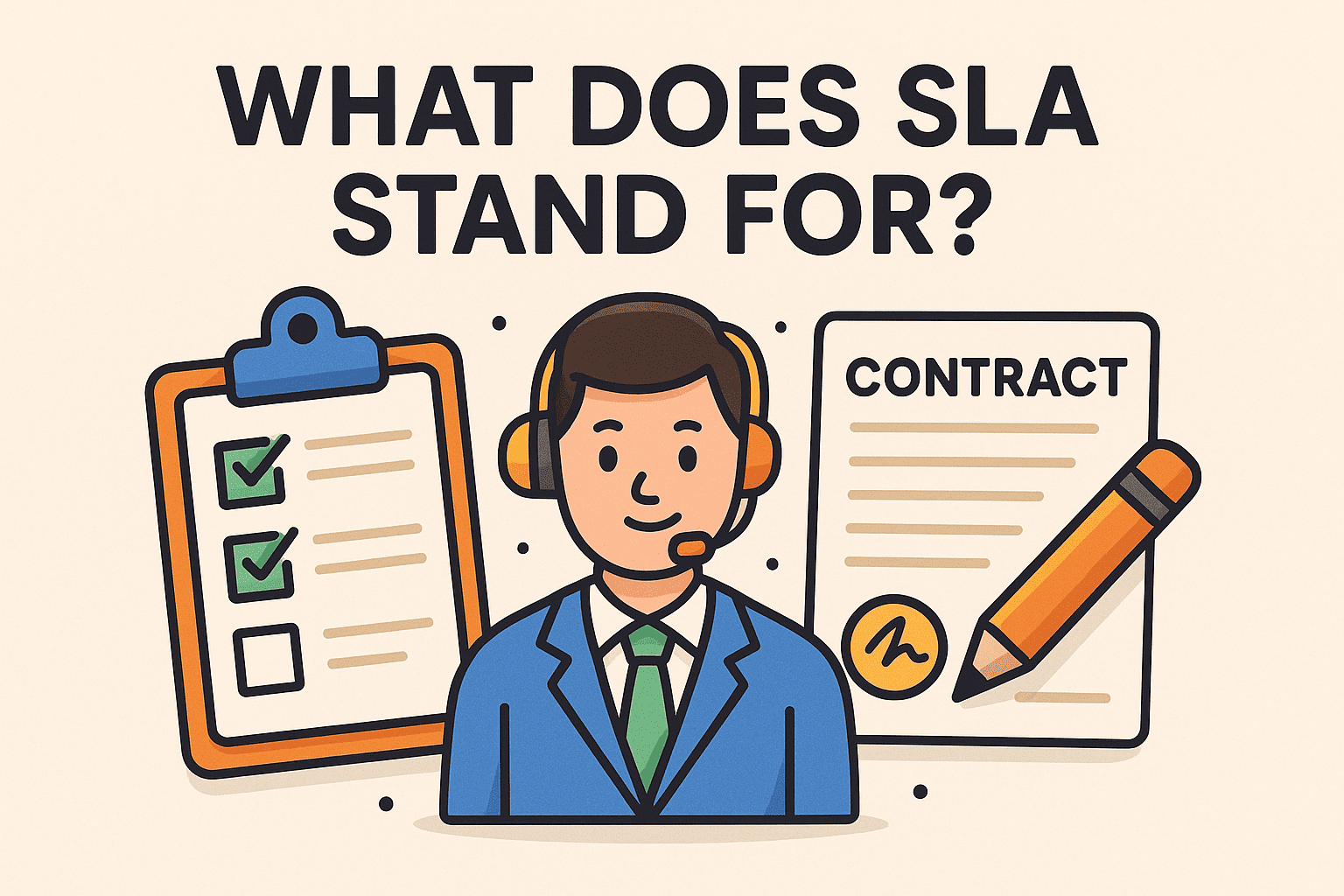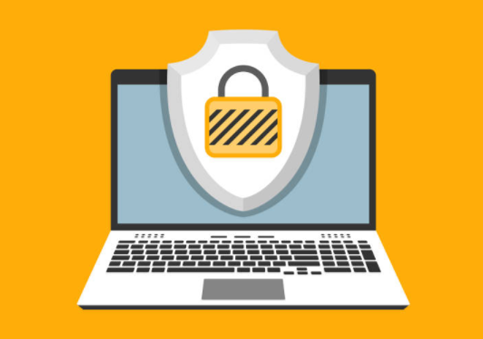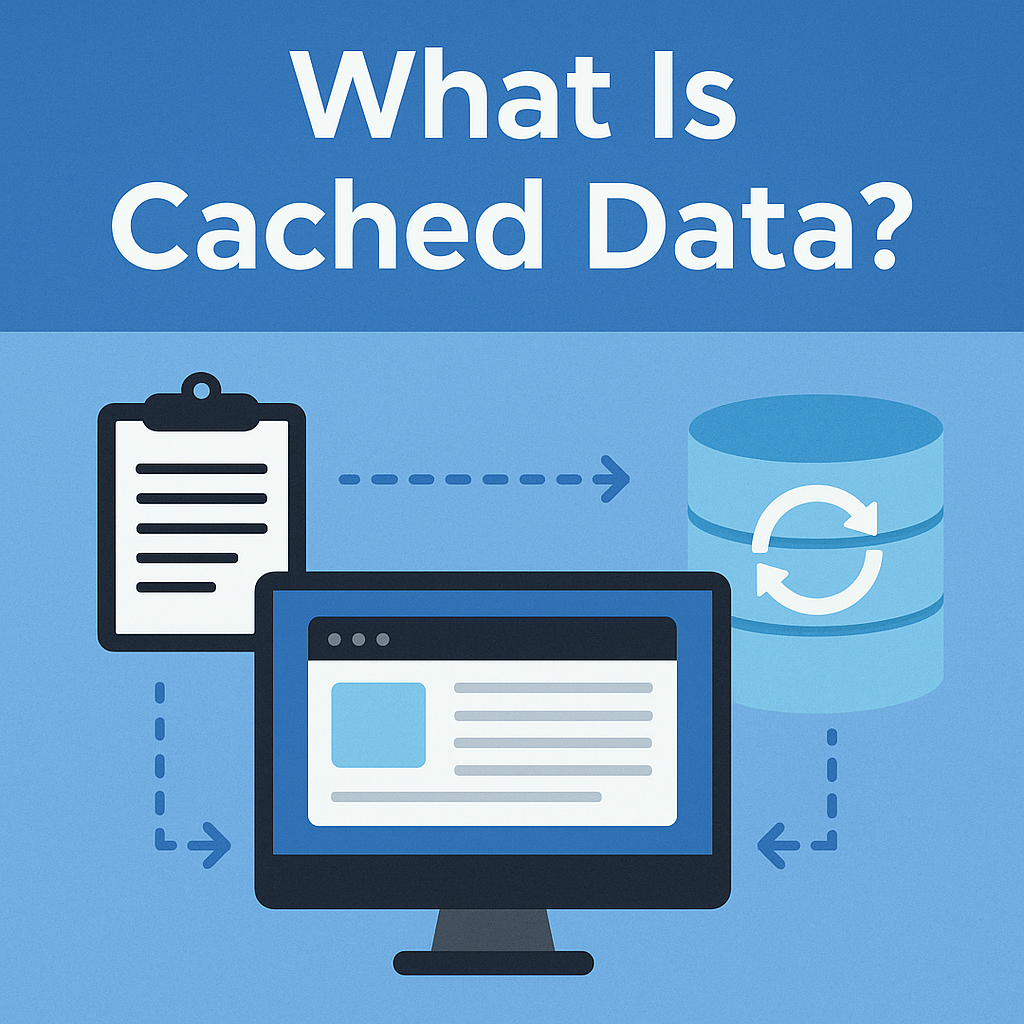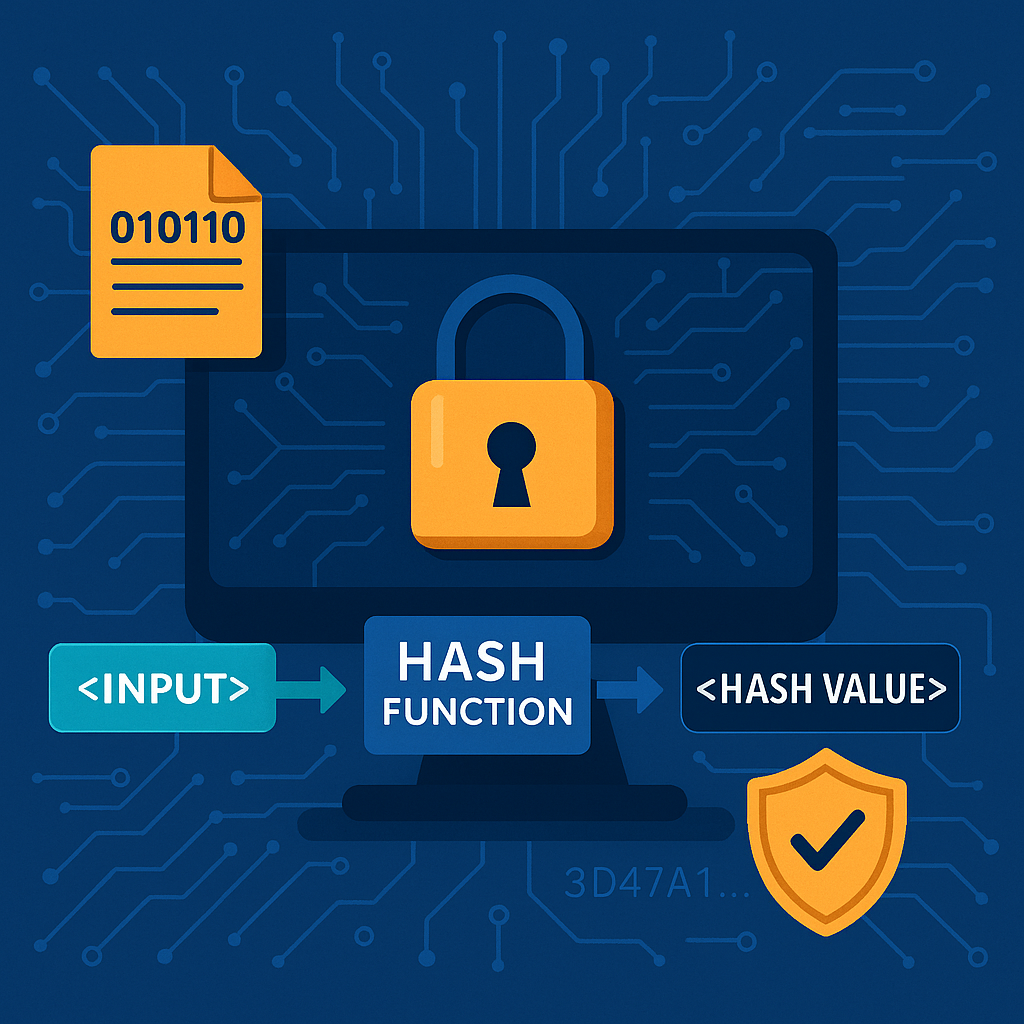What Is a Business Process Outsourcing (BPO)? A Complete Guide for Modern Enterprises
Updated on November 11, 2025, by Xcitium
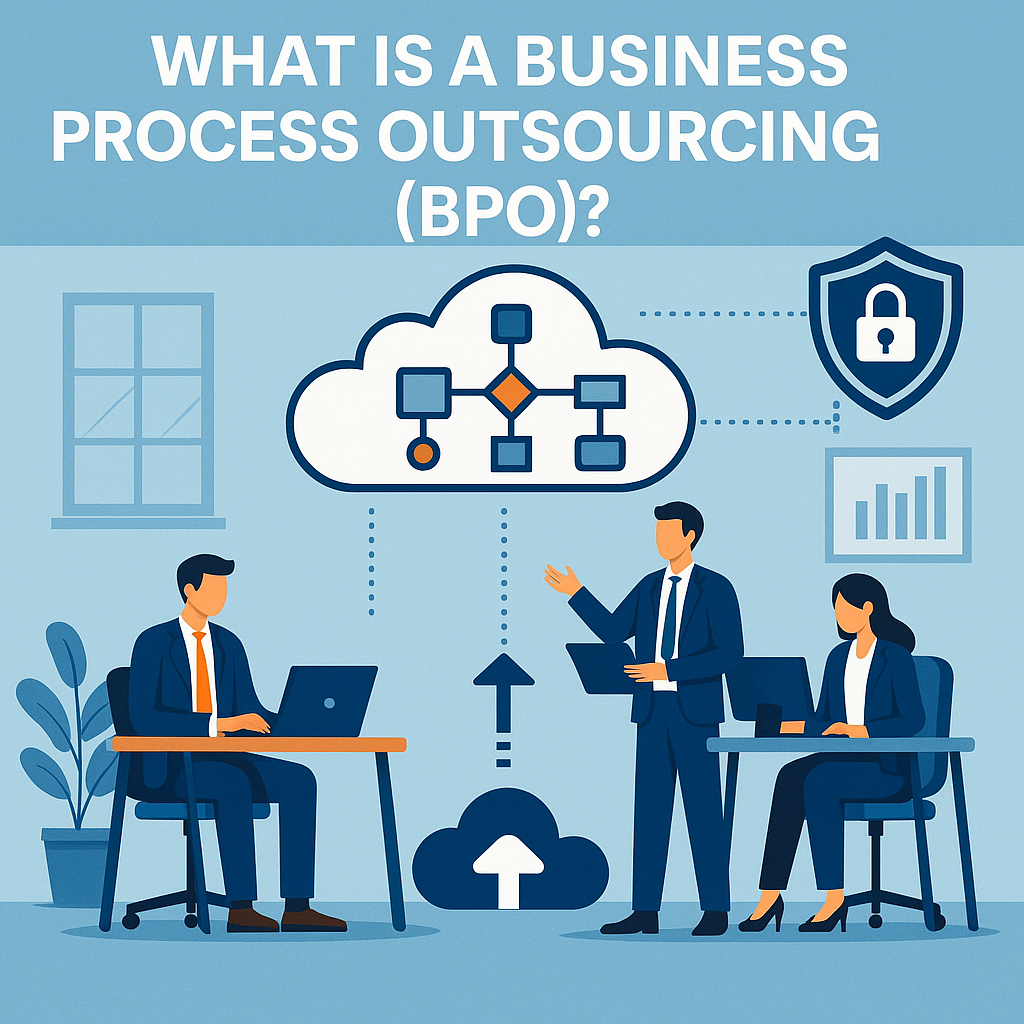
In an age of digital transformation, companies are constantly seeking ways to cut costs, scale faster, and enhance productivity — all without compromising quality or data security. That’s where Business Process Outsourcing (BPO) comes in.
But what is a business process outsourcing exactly? And how can organizations balance efficiency and cybersecurity when partnering with external vendors?
This comprehensive guide breaks down everything you need to know about BPO, including its benefits, types, risks, and how to secure your outsourced operations effectively.
Understanding Business Process Outsourcing (BPO)
Business Process Outsourcing (BPO) refers to the practice of hiring external service providers to handle specific business operations or functions. These functions often include customer support, human resources, accounting, IT services, or even cybersecurity operations.
In simpler terms, BPO lets a company focus on its core strengths — such as product development or innovation — while third-party experts manage the routine, repetitive, or specialized tasks.
Example:
-
A software company outsourcing customer support to a call center.
-
A financial firm outsourcing IT security monitoring to a managed service provider.
BPO is not new, but it has evolved with technology. Today, companies outsource not just for cost savings but also for strategic advantages, cyber resilience, and global scalability.
How Does Business Process Outsourcing Work?
The BPO process typically involves several key steps:
-
Assessment: The company identifies processes that can be outsourced safely and efficiently.
-
Vendor Selection: It evaluates potential outsourcing partners based on expertise, technology stack, and data security compliance.
-
Contract & SLA Setup: Both parties define clear service-level agreements (SLAs) to ensure quality, timelines, and confidentiality.
-
Integration: The outsourced team integrates with the client’s operations and systems (often remotely or via secure access).
-
Performance Monitoring: Regular audits, reports, and reviews ensure that outsourced processes meet expectations.
Types of BPO Services
Business Process Outsourcing can be categorized by function or location:
By Function:
1. Front-Office BPO
These are customer-facing services such as:
-
Customer support and help desk
-
Technical support
-
Sales and marketing operations
2. Back-Office BPO
These include administrative and internal operations such as:
-
Payroll and HR
-
Data entry and accounting
-
IT support and cybersecurity management
By Location:
1. Offshore BPO
Outsourcing to another country (e.g., U.S. company outsourcing to the Philippines or India) for cost savings and 24/7 operations.
2. Nearshore BPO
Outsourcing to nearby countries with similar time zones and cultural alignment.
3. Onshore or Domestic BPO
Outsourcing within the same country, typically to reduce costs while maintaining stronger control and compliance.
Key Benefits of Business Process Outsourcing
1. Cost Efficiency
Outsourcing can reduce operational costs by up to 60%. Businesses save on infrastructure, labor, and technology investments.
2. Focus on Core Competencies
By outsourcing routine processes, companies can direct more resources to innovation, product development, and strategic growth.
3. Access to Expertise
BPO providers specialize in their respective fields — offering skilled professionals, advanced technology, and proven best practices.
4. Scalability and Flexibility
BPO allows organizations to scale up or down quickly based on demand — ideal for seasonal industries or growing startups.
5. Improved Risk Management
Leading BPOs adopt security frameworks and compliance standards such as ISO 27001, SOC 2, and GDPR — helping companies reduce risk exposure.
Cybersecurity and BPO: The Overlooked Challenge
While outsourcing offers operational advantages, it also introduces security and privacy risks.
Key Cyber Risks in BPO Operations
-
Data Breaches: Third-party vendors handle sensitive data, which may be exposed if not properly secured.
-
Insider Threats: Outsourced employees could intentionally or unintentionally leak confidential information.
-
Weak Access Controls: Poorly managed credentials and remote access can open backdoors to corporate networks.
-
Regulatory Non-Compliance: Mishandled data can result in violations of GDPR, HIPAA, or CCPA.
-
Phishing and Ransomware Attacks: Outsourced service desks and remote workers can be prime targets for social engineering attacks.
Securing Business Process Outsourcing Operations
1. Choose Security-Conscious Partners
Select BPO providers that follow industry-standard cybersecurity protocols, including:
-
Multi-factor authentication (MFA)
-
End-to-end encryption
-
Zero Trust frameworks
-
24/7 monitoring via EDR/XDR solutions
2. Implement Data Segmentation
Use network segmentation and least privilege access to restrict vendor access only to necessary data and systems.
3. Enforce Strong SLAs and Compliance Clauses
Include security obligations, audit rights, and breach notification timelines in contracts.
4. Continuous Monitoring
Utilize real-time endpoint protection platforms like Xcitium OpenEDR to monitor all activities across vendor endpoints.
5. Employee Awareness
Conduct regular cybersecurity training for both internal teams and outsourced staff.
Technology’s Role in Modern BPO
1. Artificial Intelligence (AI)
AI-driven automation helps BPOs enhance accuracy and efficiency in:
-
Fraud detection
-
Chatbot customer support
-
Data processing
2. Cloud Computing
Cloud platforms enable secure and scalable operations with encrypted data access and role-based permissions.
3. Robotic Process Automation (RPA)
RPA automates repetitive tasks such as invoice processing or payroll management, reducing errors and human dependency.
4. Blockchain
Blockchain ensures data transparency, integrity, and traceability across global outsourcing chains.
5. Endpoint Detection and Response (EDR)
EDR solutions protect BPO endpoints from malware, zero-day exploits, and insider threats — ensuring proactive cyber resilience.
Top Industries Using BPO
-
Information Technology (IT): Helpdesk, infrastructure management, and software maintenance.
-
Banking & Finance: Loan processing, customer support, and fraud prevention.
-
Healthcare: Billing, patient data management, and compliance reporting.
-
Telecommunications: Network management and customer service.
-
E-commerce: Order management, logistics coordination, and digital marketing.
Advantages of BPO for Cybersecurity Operations
BPO isn’t limited to administration anymore — many organizations now outsource security operations (SOC) and threat intelligence.
1. 24/7 Threat Monitoring
Global security providers offer round-the-clock surveillance of systems and networks.
2. Faster Incident Response
Specialized vendors can detect and contain cyber threats in minutes using AI-powered tools.
3. Reduced Cost of Cyber Defense
Outsourcing cybersecurity eliminates the need for in-house SOC infrastructure, saving millions in operational costs.
4. Compliance Expertise
Reputable vendors maintain certifications like ISO 27001, SOC 2, and NIST compliance, ensuring all processes align with regulations.
Challenges of Business Process Outsourcing
While BPO brings efficiency, it also requires careful oversight.
Common Challenges Include:
-
Communication gaps between internal and external teams.
-
Data sovereignty issues when outsourcing internationally.
-
Vendor dependency and lack of transparency.
-
Security misconfigurations or shared access vulnerabilities.
To overcome these, organizations must adopt a vendor risk management framework (VRMF) and continuous audit policies.
Future of BPO: Cyber-Integrated Outsourcing
The next decade of outsourcing will focus on secure, AI-driven BPO models where:
-
Automation and AI reduce manual errors.
-
Cybersecurity is embedded into every workflow.
-
Cloud-based platforms ensure zero-trust collaboration.
-
Predictive analytics enhances decision-making.
BPO is no longer just a cost-saving measure — it’s a strategic cybersecurity enabler for the digital enterprise.
Conclusion
In today’s fast-paced, digital-first world, Business Process Outsourcing (BPO) allows companies to streamline operations, access global expertise, and innovate faster — but only when paired with strong cybersecurity measures.
To ensure your outsourced operations remain secure, monitor vendor access continuously and implement endpoint protection platforms like Xcitium that detect, contain, and neutralize threats in real time.
By blending efficiency with cyber resilience, businesses can fully harness the benefits of BPO — without compromising trust or compliance.
FAQs About Business Process Outsourcing
1. What is Business Process Outsourcing in simple terms?
It’s when a company hires an external provider to handle tasks like customer service, IT, or accounting.
2. Why do companies use BPO?
To save costs, improve efficiency, access global talent, and focus on strategic goals.
3. What are the risks of BPO?
Cybersecurity vulnerabilities, data breaches, and compliance issues if vendors lack proper controls.
4. How can companies ensure BPO security?
By choosing partners with strong encryption, compliance certifications, and real-time monitoring systems.
5. Is outsourcing IT security safe?
Yes, if handled by verified providers that use advanced EDR/XDR solutions and adhere to data privacy standards.




